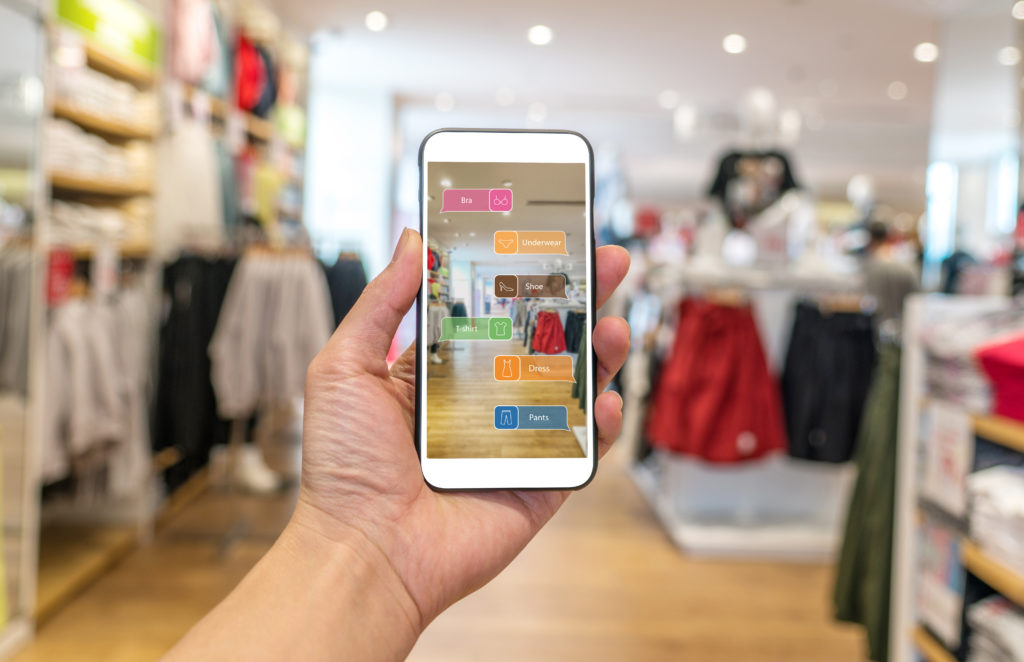The Future Of Retail Technology
by Roberto Mangual | February 28, 2019

Today’s culture surrounding retail and how consumers shop seems to be rather primitive when compared to the technological advances that have occurred in many other areas of the fashion industry.
Fabrics and textiles are becoming far more innovative, thanks to the use of smart fabrics and wearables, while designers are toying with the power of livestreams and social media when it comes to marketing their brands and products. Retail, on the other hand, hasn’t really seen much of an advance when it comes to in-store physical shopping. Why aren’t brands and companies investing in software that could revolutionize the way consumers shop for their clothes?
The future for almost any industry right now is personalization. More and more consumers want things that are tailor-made for their preferences and needs, and customization is becoming an increasingly popular product for companies to offer. The retail industry understands this – imagine how nice it would be to walk into a store and have a sales associate already know which items to hand you. These offerings would be based, of course, on previous purchases, but also on your specific desires (material or fit preferences). It would cut down on the inefficient and often stressful nature of in-store shopping.
This type of technology is not entirely far-fetched, as there are companies that can and do deliver these highly personalized and effective recommendations, but the tech has been slow make the jump to the retail world. This level of customization could increase customer satisfaction and loyalty to a particular brand; shoppers are far more likely to return to stores that can offer them the perks that only personalization brings. As a result,it’s important for retailers to focus on this technology, but it’s also important for them to work with consumers when it comes to addressing privacy and security concerns.
While most consumers would love to have a personalized experience, they are wary about allowing brands access to such private information and data about their shopping preferences and needs. There is a “creepiness” factor – just how much data will these companies collect? As a result, request for information to enhance personalization should be presented in an “opt-in” manner, to allow those consumers who do not wish to participate an option to protect privacy.
In addition, retailers can look for different methods of distribution; instead of suggestions coming from a sales associate, they could come via a mobile application. This is where artificial intelligence and big data can come into play, as their capabilities are perfect for fine-tuning this type of retail experience. AI can help match consumer preferences with a certain product depending on its characteristics, while retailers can analyze the data generated from their sales in order to predict which trends might be popular and which might not. All of this, of course, can only be implemented in a way that will not spark resistance, and changing culture is perhaps the hardest part of implementing any form of technology. Retailers simply have to convince consumers of the benefits that can come with this type of software. And its ability to simplify their shopping experiences.
The retail industry must consider adapting, or they will be put out of business by their online competitors. With the plethora of options now offered through the Internet, consumers need an enticing reason to visit brick-and-mortar shops, creating the perfect incentive for the retail industry to start backing innovative and futuristic tech.
In all, while there are concerns surrounding privacy and security, it seems that the retail world is heading towards a culture built around personalized and customized shopping experiences powered by smart software. If industry leaders can convince consumers that it’s in their best interest to allow this type of technology into their lives, the future of retail could look very different from what it currently is today.

